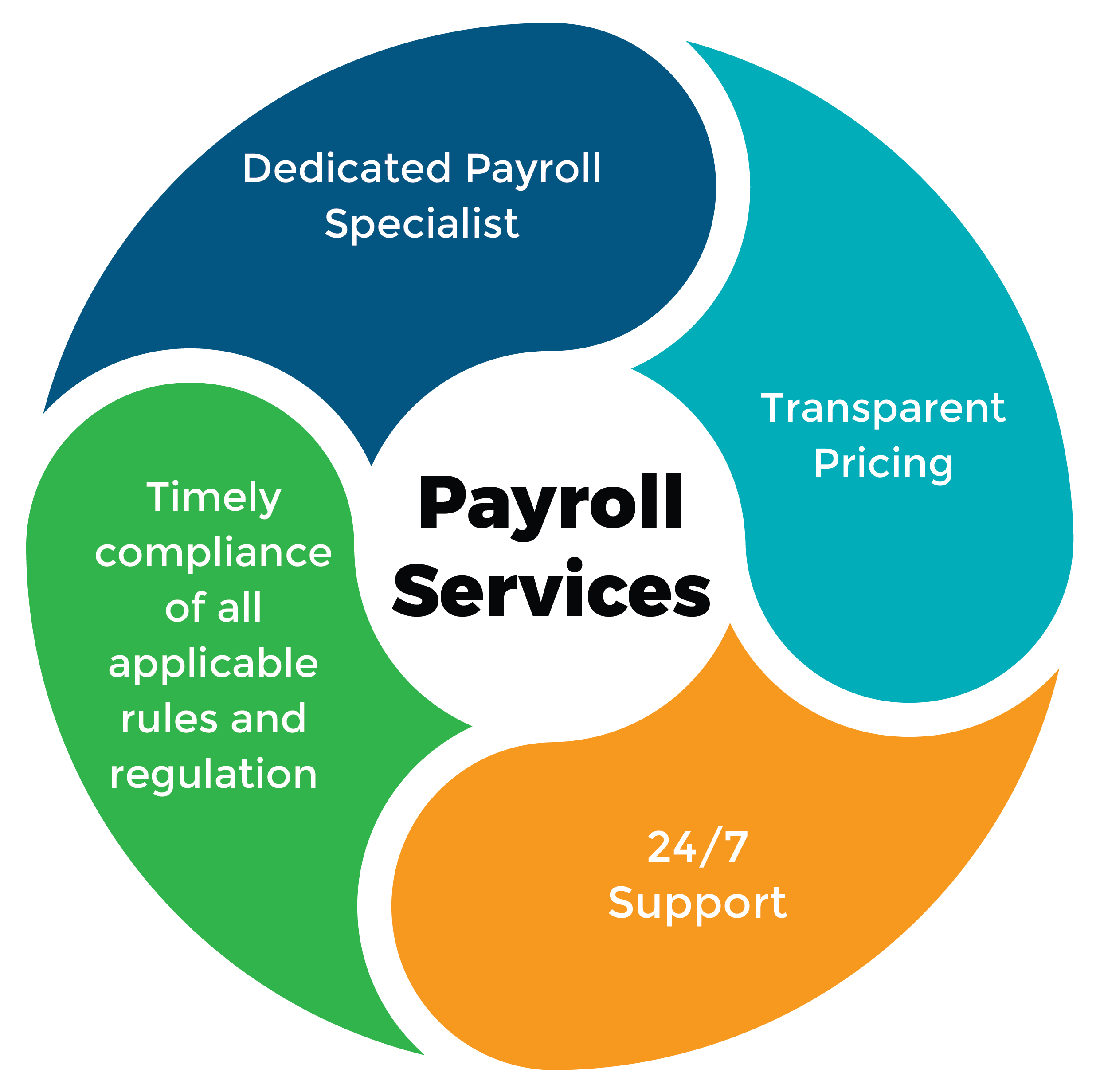The Future of BPO: how to Scale, Stay Compliant, and Win in the AI Era
페이지 정보

본문
The BPO game is altering quick. If you're still treating outsourcing like a cost-saving workout, you're already behind. Today's winning BPOs aren't simply service providers-they're strategic partners, development leaders, and compliance powerhouses.
That was the core message of our most current panel conversation, where industry specialists checked out the biggest difficulties and chances in BPO today. Our panelists-Dr. Gleb Tsipursky (CEO of Disaster Avoidance Experts), David Judge (CEO of Affordable Staff), and Subho Pati Sanyal (COO of Netsula Group)-shared their insights on how BPOs can remain competitive in a quickly developing landscape.
If you missed it, do not worry-we have actually got the complete video, highlights, and key actions you can take now to future-proof your BPO. And if you want the complete roadmap, get the BPO Executive Playbook.
Boost your team's efficiency with Hubstaff's efficiency tools
Five unfiltered takeaways from the BPO panel discussion
Here's what the specialists needed to say about what's working, what's broken, and where BPOs need to develop.
1. Cost-cutting will not conserve you-innovation will
The days of winning customers solely through lower expenses are over. The panelists emphasized that companies are now searching for BPO partners who can drive innovation, enhance business processes, and offer long-lasting strategic value-not simply deliver services at a lower cost.
BPOs that fail to innovate threat ending up being obsolete as services significantly look for automation, AI-driven performance, and specific know-how rather than simple outsourcing. The crucial takeaway? If your only value proposal is cost decrease, you're in a race to the bottom.
- Conduct a service audit to recognize locations where your BPO can add more tactical worth beyond cost-cutting.
- Invest in AI and automation to drive effectiveness while enhancing service quality.
- Develop a consultative approach-don't simply wait on clients to request enhancements; bring new concepts proactively.
2. Automation isn't optional-it's the game-changer
AI and automation aren't just tools to increase efficiency-they are essentially altering the BPO market. The panelists kept in mind that leading BPOs aren't just carrying out tech; they're leveraging it to expect customer requirements, improve decision-making, and create new service opportunities.

However, many BPOs make the error of treating automation as a fast repair instead of integrating it into a more comprehensive business method. To succeed, BPOs should align their tech adoption with long-lasting goals, guaranteeing that AI supports and boosts human know-how instead of changing it.
- Identify three key locations in your workflow where automation can provide instant impact.
- Train your labor force on how to use AI tools effectively, making sure adoption lines up with operational objectives.
- Continuously evaluate and improve automation methods to improve service quality.
3. Compliance isn't a headache-it's an one-upmanship
While compliance is frequently viewed as a regulatory burden, the panelists concurred that BPOs that embed compliance into their culture gain a competitive advantage. Businesses are significantly scrutinizing their outsourcing partners for information security, regulatory compliance, and threat management.
Rather than treating compliance as an afterthought, successful BPOs proactively develop structures that surpass market requirements, align with client needs, and develop trust. Those who stop working to focus on compliance might discover themselves losing high-value clients who demand greater security and governance requirements.
- Run a compliance audit to ensure your processes meet international regulatory requirements.
- Set up a quarterly compliance evaluation to keep up with altering guidelines.
- Train teams on data security best practices to avoid compliance dangers before they arise.
4. Hybrid and remote groups aren't a phase-they're the future
Remote work isn't going anywhere, and BPOs need to adapt accordingly. The panelists highlighted that BPOs operating globally need to construct frameworks that support hybrid and remote teams while keeping performance, responsibility, and compliance.
With leading skill increasingly seeking versatile work plans, BPOs that invest in remote labor force tools and outcome-based efficiency tracking will have a significant hiring and retention advantage. The shift isn't simply about staff member satisfaction-it's about optimizing operations and guaranteeing long-lasting company sustainability.

- Buy remote workforce management tools to ensure performance and accountability.
- Offer flexible work arrangements to draw in and keep leading talent.
- Implement clear efficiency tracking metrics to measure results instead of hours worked.
5. If you're stuck in a rate war, you're doing it wrong
Among the greatest issues amongst BPO leaders is competition from inexpensive providers. The panelists made it clear that contending on cost alone is a losing method. Instead, effective BPOs differentiate themselves by using customized know-how, deep market knowledge, and seamless service integration.
Clients want to pay more for BPOs that resolve their business obstacles, lower threat, and supply ongoing tactical assistance. Rather than chasing after lower margins, BPOs ought to focus on becoming essential partners that services can't afford to change.
Actionable actions:
- Develop case studies showcasing the unique worth your BPO provides.
- Offer consulting services in addition to standard outsourcing to deepen customer relationships.
- Concentrate on specialized know-how in high-demand areas like AI integration or compliance management.
What's your next relocation?
The BPO landscape is evolving fast. Companies that accept automation, compliance, remote labor force management, and tactical consulting will thrive-while those that stay stagnant will be left.
Want the full roadmap? Download the BPO Executive Playbook and get the 7 winning relocations you need to scale, remain certified, and exceed the competition.



